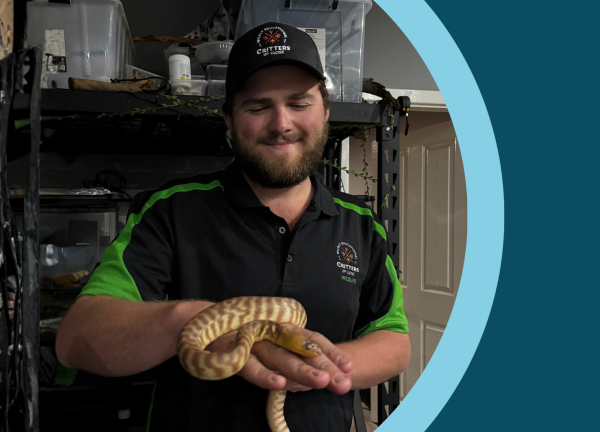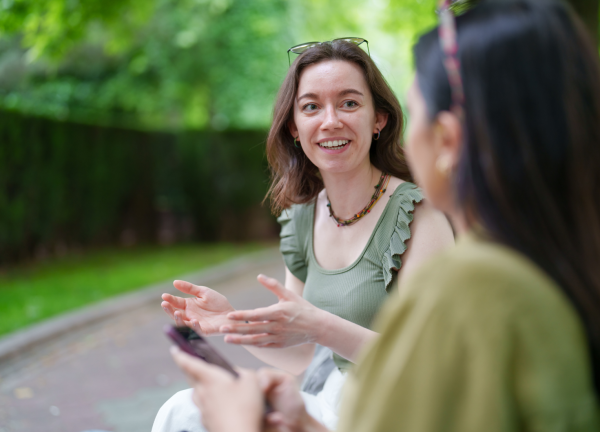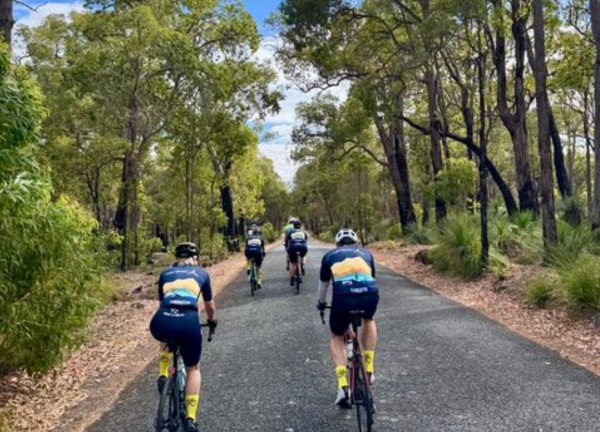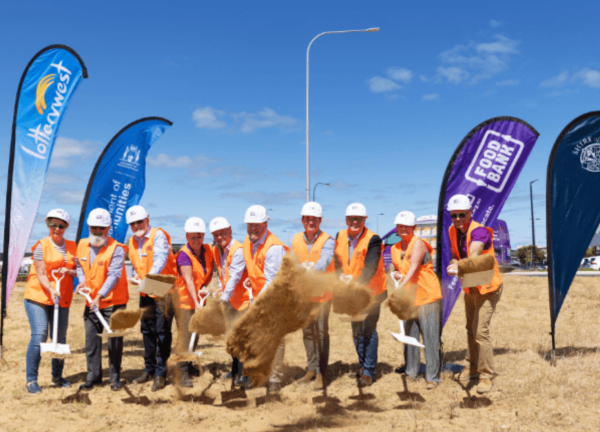Meet Emily, a Youth Focus Youth Reference Group member and a proud advocate for youth, disability, mental health and LGBTQIA+ communities.
Emily is passionate about engaging with young people, ensuring there is authentic youth leadership in spaces and services intended for young people, and mobilising youth voices with lived experience to drive systemic change and reform. We had a chat with Emily to see what drew her to being a Youth Ambassador for Youth Week, and how she’s enjoying the experience.
Why did you apply to be a Youth Week Ambassador?
I’ve been working in youth advocacy for a couple of years, in professional, volunteer and advisor capacities, and I thought it would be a really awesome opportunity to have a platform from which to discuss issues I really care about. I do a lot of work with mental health, disability and the LGBTQIA+ community, and often issues from those communities aren’t really represented in public discourse or leadership positions so I jumped at the opportunity to represent these areas.
What does your role as Youth Ambassador involve?
Four youth ambassadors, all from really diverse backgrounds and experiences, were selected to be representatives of young people in WA. As ambassadors, we are shaping the events, the theme and making sure young people are at the heart of WA Youth Week.
A big part was coming up with the theme – Our Threads, This Place, Your Moment – which took a lot of workshops and brainstorming. We wanted a theme that encompasses the interconnectedness throughout the state, and the power of bringing people together in one moment across space and time.
I think it highlights the importance of creating spaces for connectivity and accessibility, not only for people living in regional areas but also for people with disabilities, who may not be able to leave the house.
Our goal for the week is to create connection across the state in both a physical and virtual sense.
What are you most looking forward to during Youth Week?
I get to go to the launch event in Karratha, so I’m really excited for that. It’s exciting that we get to be part of those celebrations.
There is so much that is going to be happening. It’s so responsive to what young people are looking for, and I look forward to visiting lots of different events across the week.
What did you hope to bring to being an ambassador?
I think I was hoping to bring a perspective of intersectionality, as I don’t think the different intersecting identities that play into a person’s experience of being a young person is often taken into account. It could be the intersection of cultural background, disability, gender identity, sexuality, religion, or many other things. All of these impact your identity as a young person, and I think it is really important to see that diversity represented.
With these identities come different forms of oppression, and that makes really diverse and different challenges for young people to manage and deal with. Everyone’s situation is so different, and always changing because it is such a transitional period. It’s important that this is acknowledged.
What have you learnt through this experience?
It’s been really eye-opening seeing what young people are getting up to, and their stories and ideas being showcased.
A lot of us don’t know what is going on around us, even in our local communities. We live in such an individualised world where we keep to ourselves and our own little bubbles, so I’ve loved getting out there, and seeing all the amazing, innovative ideas people are embarking on. That representation can be really empowering for other young people.
I’ve also learnt a lot of skills around speaking with media, working with government and understanding bureaucracy, and how system and structures work, which is so important for my advocacy work.
How does Youth Week Support young people?
It provides representation and showcases what young people are doing, and I think that is something that is really powerful. It also provides spaces for young people in the community. Everything feels very siloed at the moment, so having these community spaces and events where you can reconnect with people is really special.
People are feeling really vulnerable and dissatisfied with extreme changes and unpredictability, and connection is really key in times like this. Spaces where people in the community can come together and support each other are really under-utilised, and so important.



